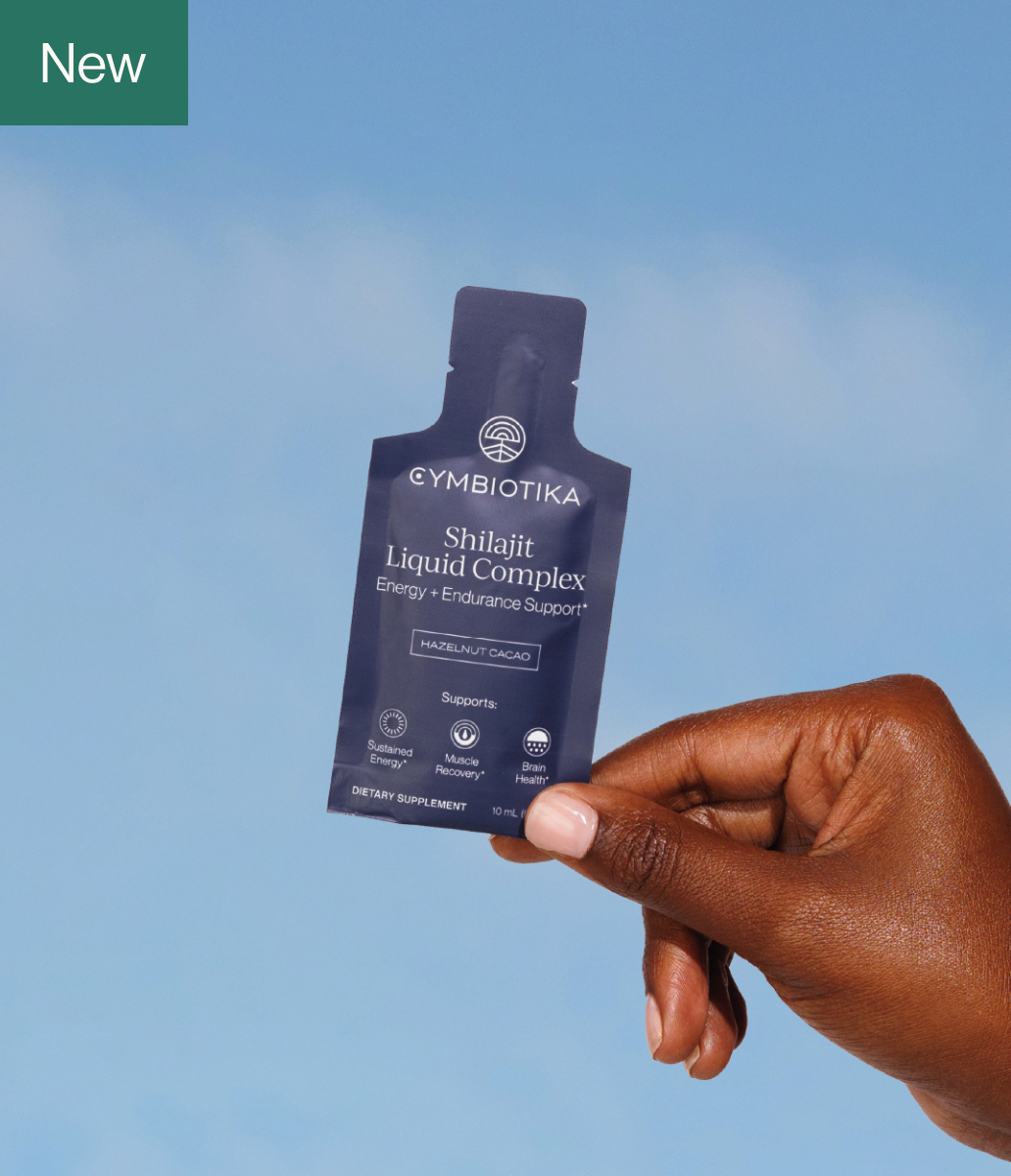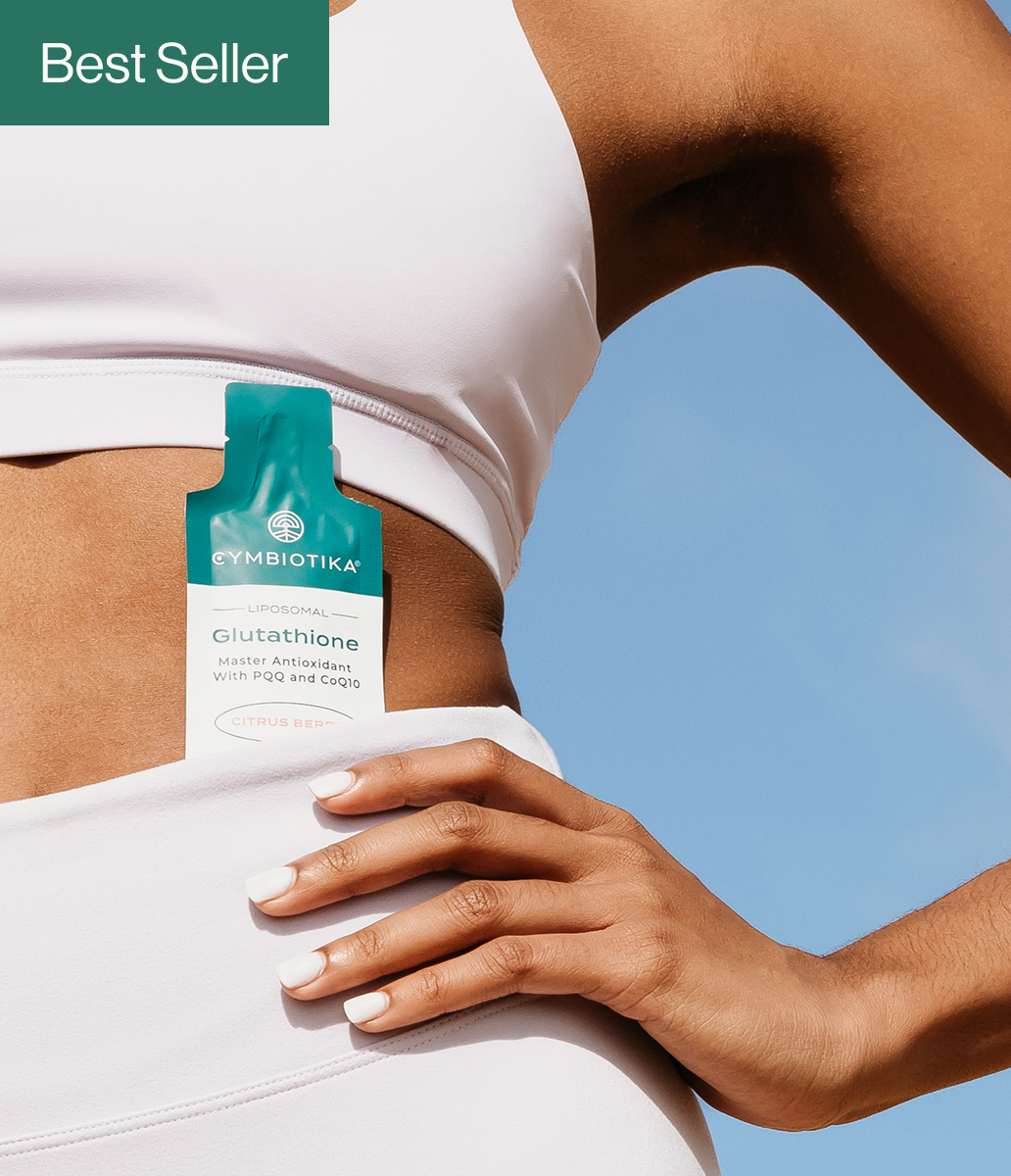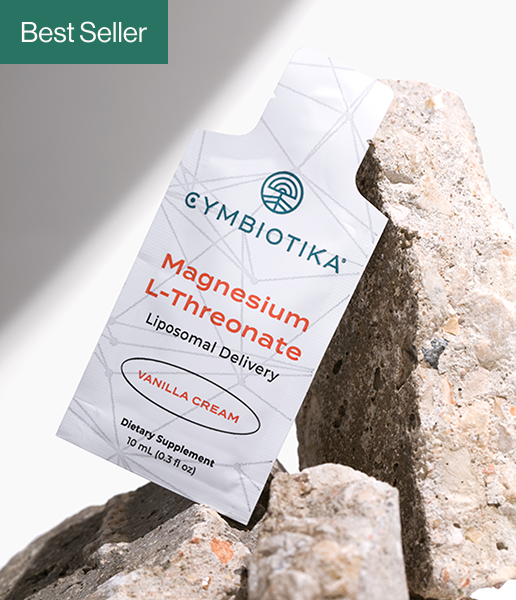
ORGANIC ORANGE TERPENES
Terpenes are naturally occurring chemical compounds. Terpenes are what give plants and flowers their unique smell. They are also where many of the health benefits come from in plants. Anti-inflammatory and antioxidant benefits - Limonene has been shown to reduce inflammation in some studies. Citrus oil is composed of monoterpenes, in particular D-limonene, which is known to inhibit growth of bacteria, fungi, and certain parasites. The monoterpene D-limonene and its metabolites have been shown to exert chemopreventive and chemotherapeutic effects against different tumours in animal models and clinical trials. A test-tube study in human cartilage cells noted that limonene reduced nitric oxide production. Nitric oxide is a signaling molecule that plays a key role in inflammatory pathways (3,4,5) In a population study, those who consumed citrus fruit peel, the major source of dietary limonene, had a reduced risk of developing skin cancer compared to those who only consumed citrus fruits or their juices (13Trusted Source).
Another study in 43 women recently diagnosed with breast cancer experienced a significant 22% reduction in breast tumor cell expression after taking 2 grams of limonene daily for 2–6 weeks (7). In a population study, those who consumed citrus fruit peel, the major source of dietary limonene, had a reduced risk of developing skin cancer compared to those who only consumed citrus fruits or their juices. (6)
Limonene may lower your risk of heart disease by reducing certain risk factors, such as elevated cholesterol, blood sugar, and triglyceride levels.
In one study, mice given 0.27 grams of limonene per pound of body weight (0.6 grams/kg) showed reduced triglycerides, LDL (bad) cholesterol, fasting blood sugar, and fat accumulation in the liver, compared to a control group (8).
In another study, stroke-prone rats given 0.04 grams of limonene per pound of body weight (20 mg/kg) exhibited significant reductions in blood pressure compared to rats of similar health status that did not receive the supplement (9)
Reduce appetite. The scent of limonene has been shown to significantly reduce appetite in blowflies. However, this effect has not been studied in humans (10). Decrease stress and anxiety. Rodent studies suggest that limonene could be used in aromatherapy as an anti-stress and anti-anxiety agent (11). Support healthy digestion. Limonene may protect against stomach ulcers. In a study in rats, citrus aurantium oil, which is 97% limonene, protected nearly all of the rodents against ulcers caused by medication use (12).
FOUND IN THE FOLLOWING PRODUCT(S)
CLINICAL STUDIES
1. Limonene suppresses lipopolysaccharide-induced production of nitric oxide, prostaglandin E2, and pro-inflammatory cytokines in RAW 264.7 macrophages
2. Citrus peels prevent cancer
3. Citrus oil and MgCl2 as antibacterial and anti-inflammatory agents
4. Limonene suppresses lipopolysaccharide-induced production of nitric oxide, prostaglandin E2, and pro-inflammatory cytokines in RAW 264.7 macrophages
5. Evaluation of the anti-inflammatory, anti-catabolic and pro-anabolic effects of E-caryophyllene, myrcene and limonene in a cell model of osteoarthritis
6. Citrus peel use is associated with reduced risk of squamous cell carcinoma of the skin
7. Human breast tissue disposition and bioactivity of limonene in women with early stage breast cancer
8. https://pubmed.ncbi.nlm.nih.gov/23838456/
9. Protective effects of D-Limonene against transient cerebral ischemia in stroke-prone spontaneously hypertensive rats
10. Odour of limonene affects feeding behaviour in the blowfly, Phormia regina
11. Anxiolytic-like activity and GC-MS analysis of (R)-(+)-limonene fragrance, a natural compound found in foods and plants
12. Effects of limonene and essential oil from Citrus aurantium on gastric mucosa: role of prostaglandins and gastric mucus secretion
You've unlocked a FREE gift!
Select a FREE product of your choice!
Back to cart
Choose Your Free Gift
As a thank-you for your $160+ order, choose one complimentary product below.
Golden Mind order processes.
Topical Magnesium order processes.
You're away from a FREE gift!
Add any of the products below to unlock your free gift.










More subscriptions, more savings
1
10% off
2
15% off
3
20% off
4
25% off
5
30% off
Want to save? Add a subscription to get 10% off on it!













